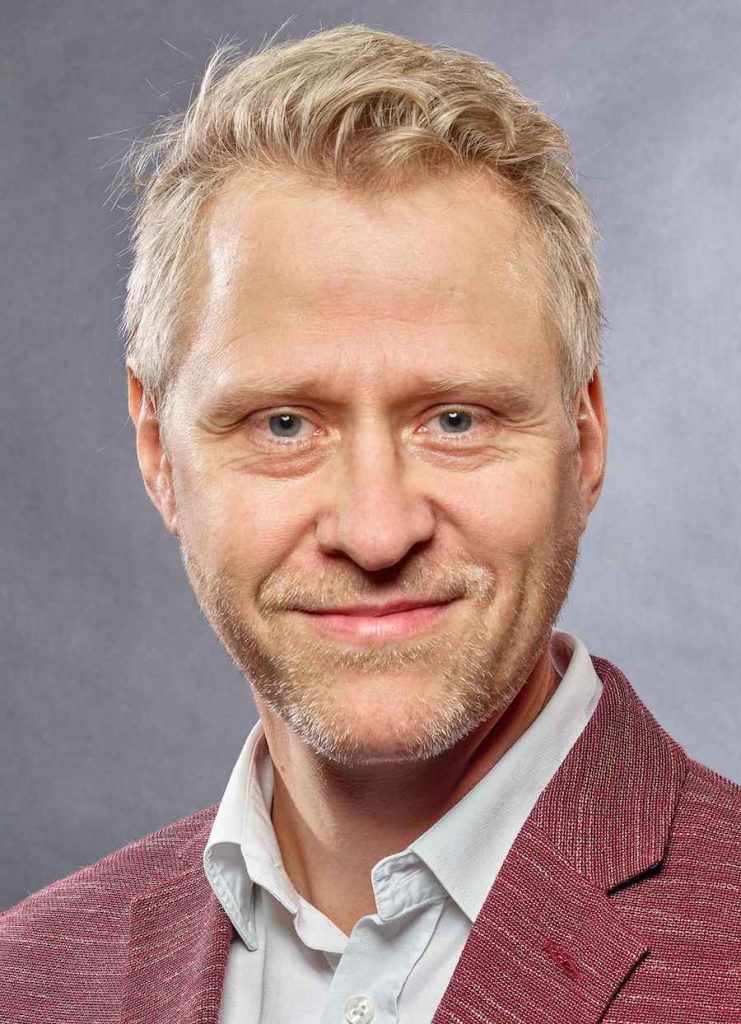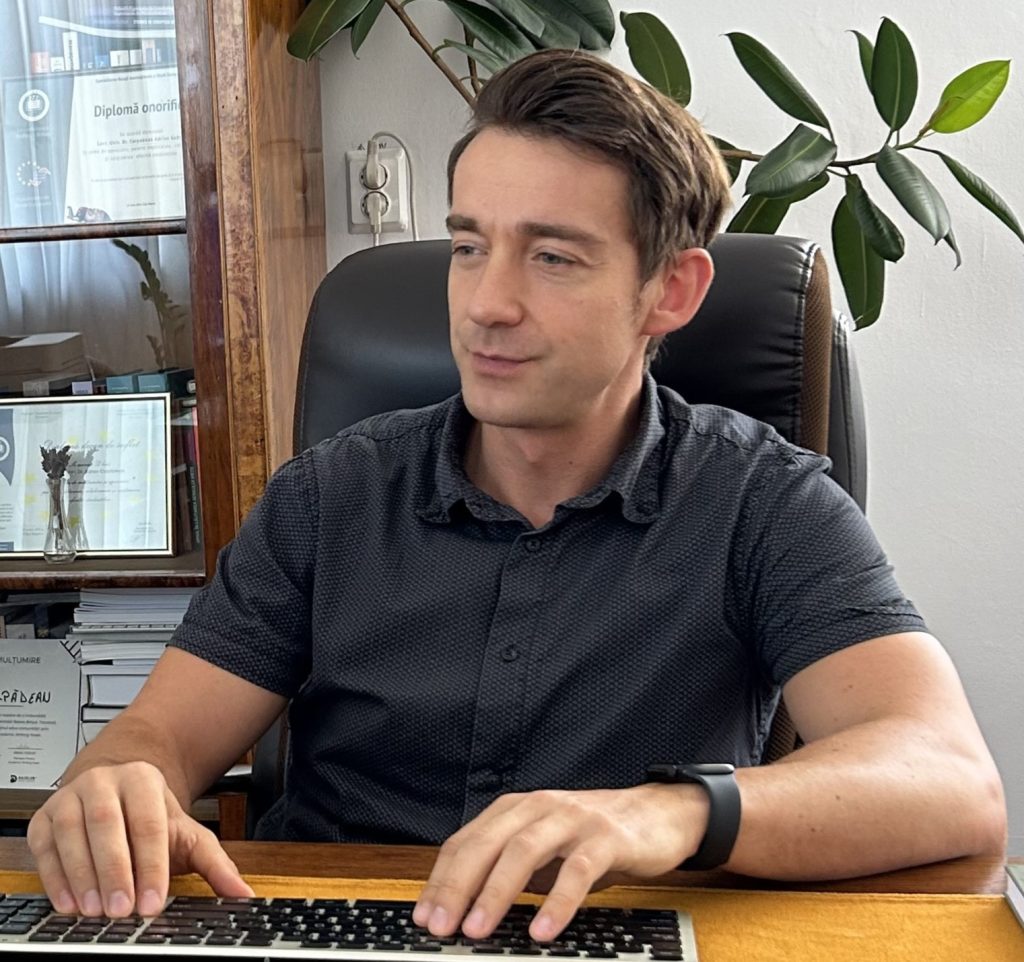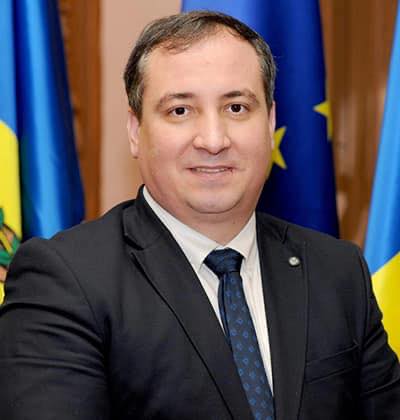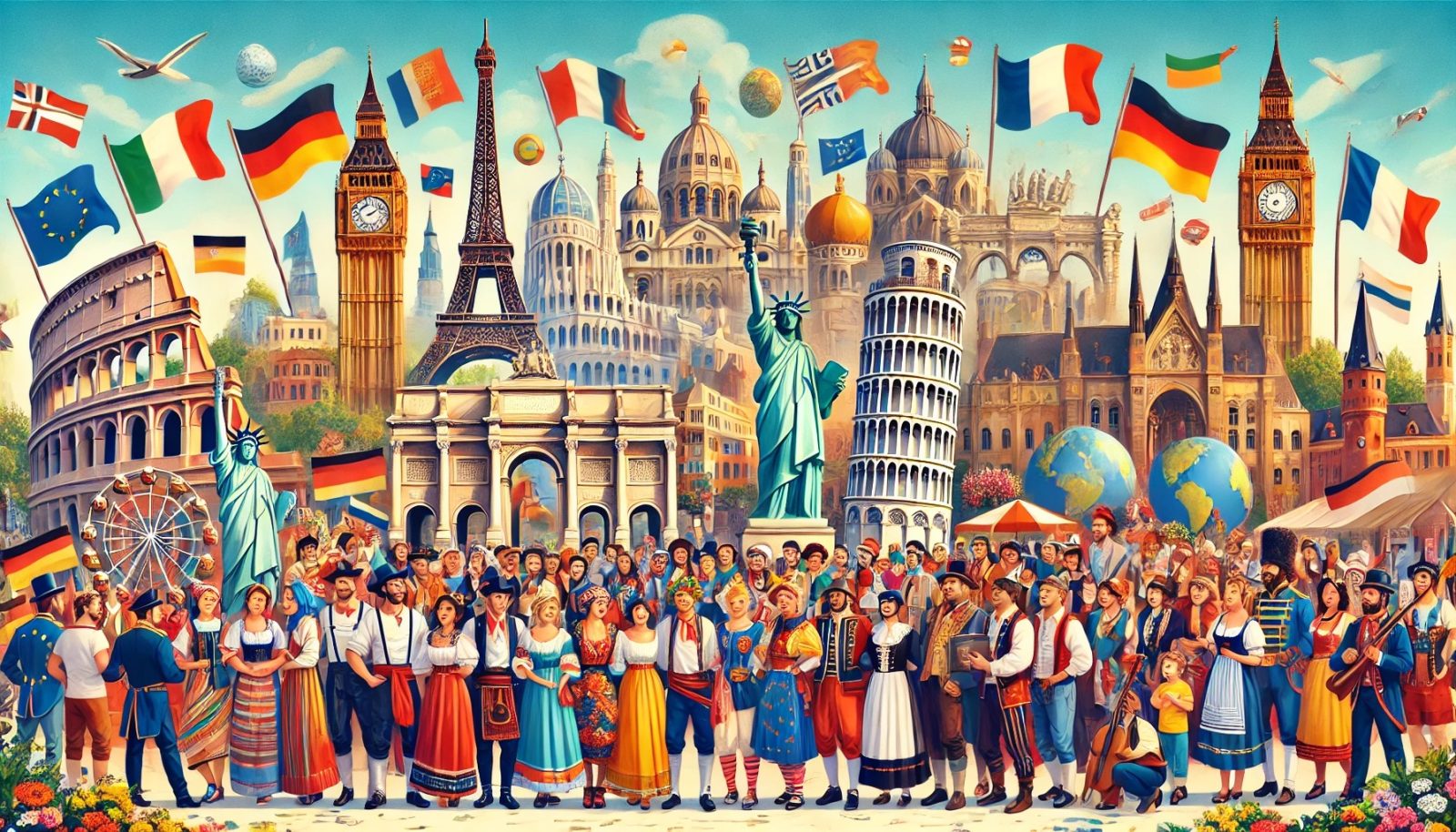Europe’s Cultural Diversity: Strengths and Challenges
More than 30 participants from Azerbaijan, Belarus, Georgia, Greece, Germany, Greece, Romania and Poland discussed the role of culture in social cohesion in European countries. The discussion took place on 23 October as part of the next EENCE Dialogue webinar.
Read the key messages from the speakers who participated in the webinar:

Michał Nowosielski, WSB Merito University in Gdańsk, Centre of Migration Research at the University of Warsaw, pointed out the role of host societies in integrating migrants into new cultural environments. He also discussed the role of migrant organizations as key facilitators of integration processes.

Adrian Corpadean, Faculty of European Studies at Babeș-Bolyai University in Cluj-Napoca, Romania based on the example of „Babeș Bolyai” University of Cluj-Napoca discussed the measures taken after the onset of war in Ukraine and the prompt reaction of the Romanian society (state institutions, NGOs, individual initiatives) to help and integrate refugees without any cultural barriers. In the end, he concludes that Ukraine is a new and great potential for future partnerships with Romania.

Andrei Chistol, State Secretary at the Ministry of Culture of the Republic of Moldova mentioned the role of culture in promoting tolerance and democracy in our countries. Each government has to pay more attention to cultural diversity and include these issues in sustainable development strategies. Cultural diplomacy is an efficient tool for enforcing relations between neighbouring countries and between majority and minority groups. That is why we have to support cultural diversity and contribute to the unity of our countries.
EENCE Dialogue is organised by the Eastern European Association for Citizenship Education with the support of the Federal Agency for Civic Education (bpb) with funds from the German Ministry of Foreign Affairs.


